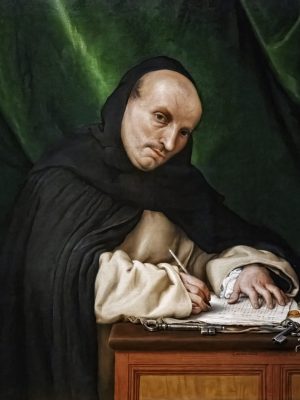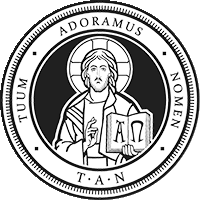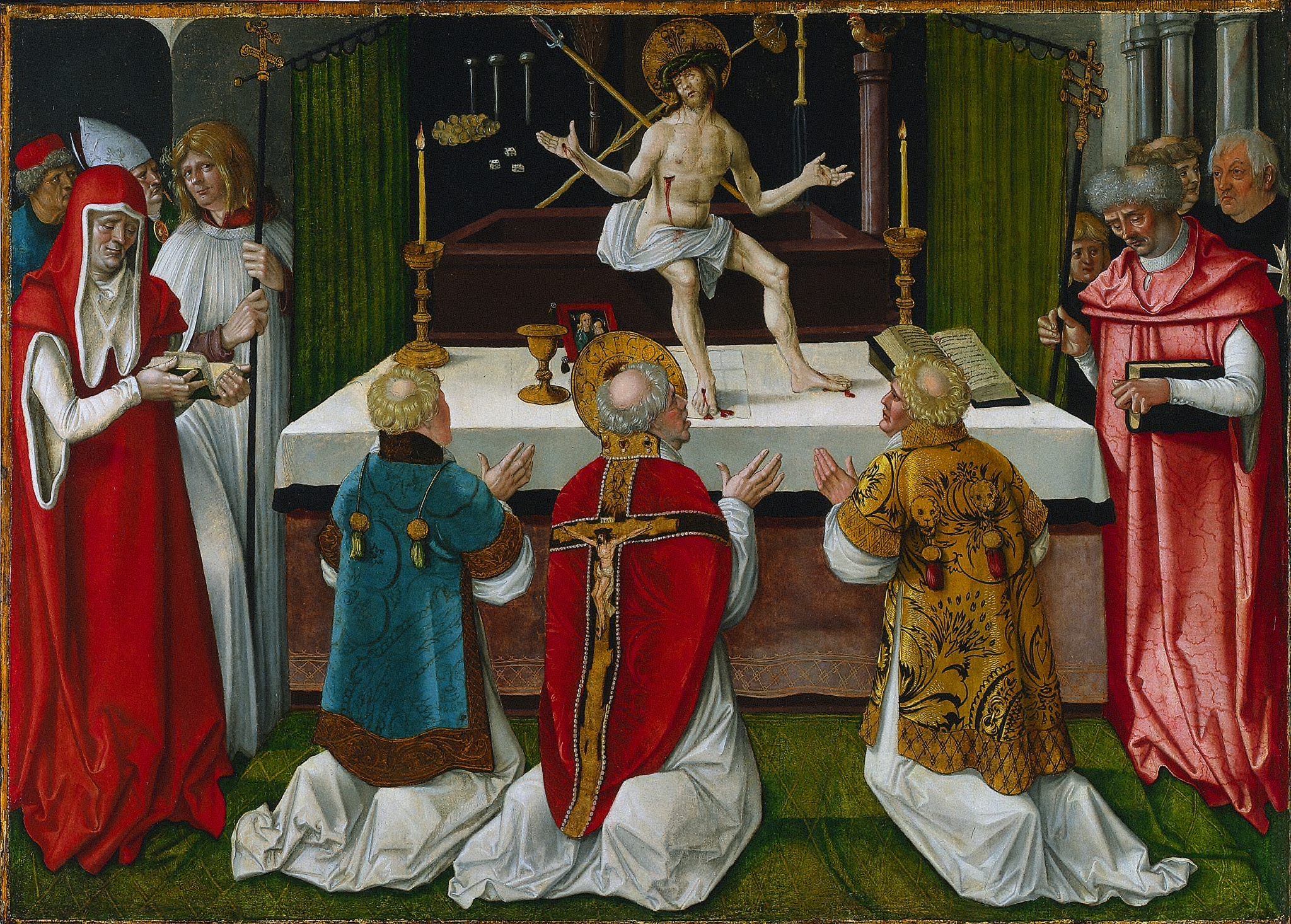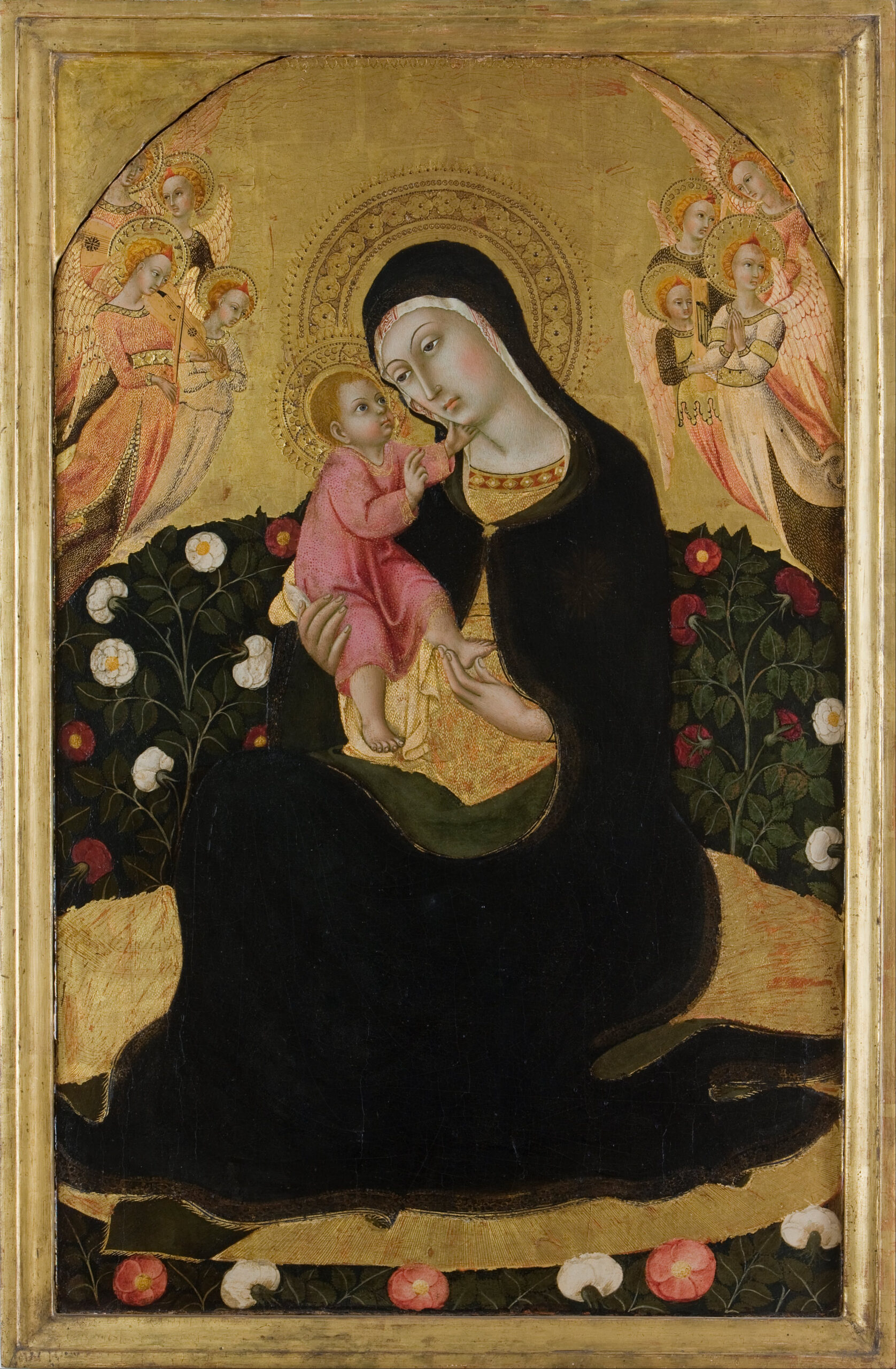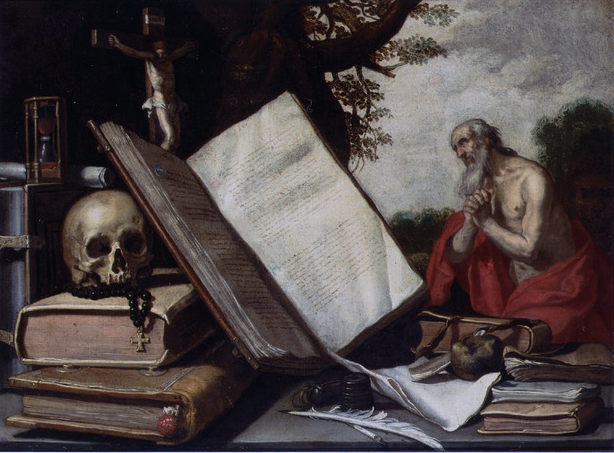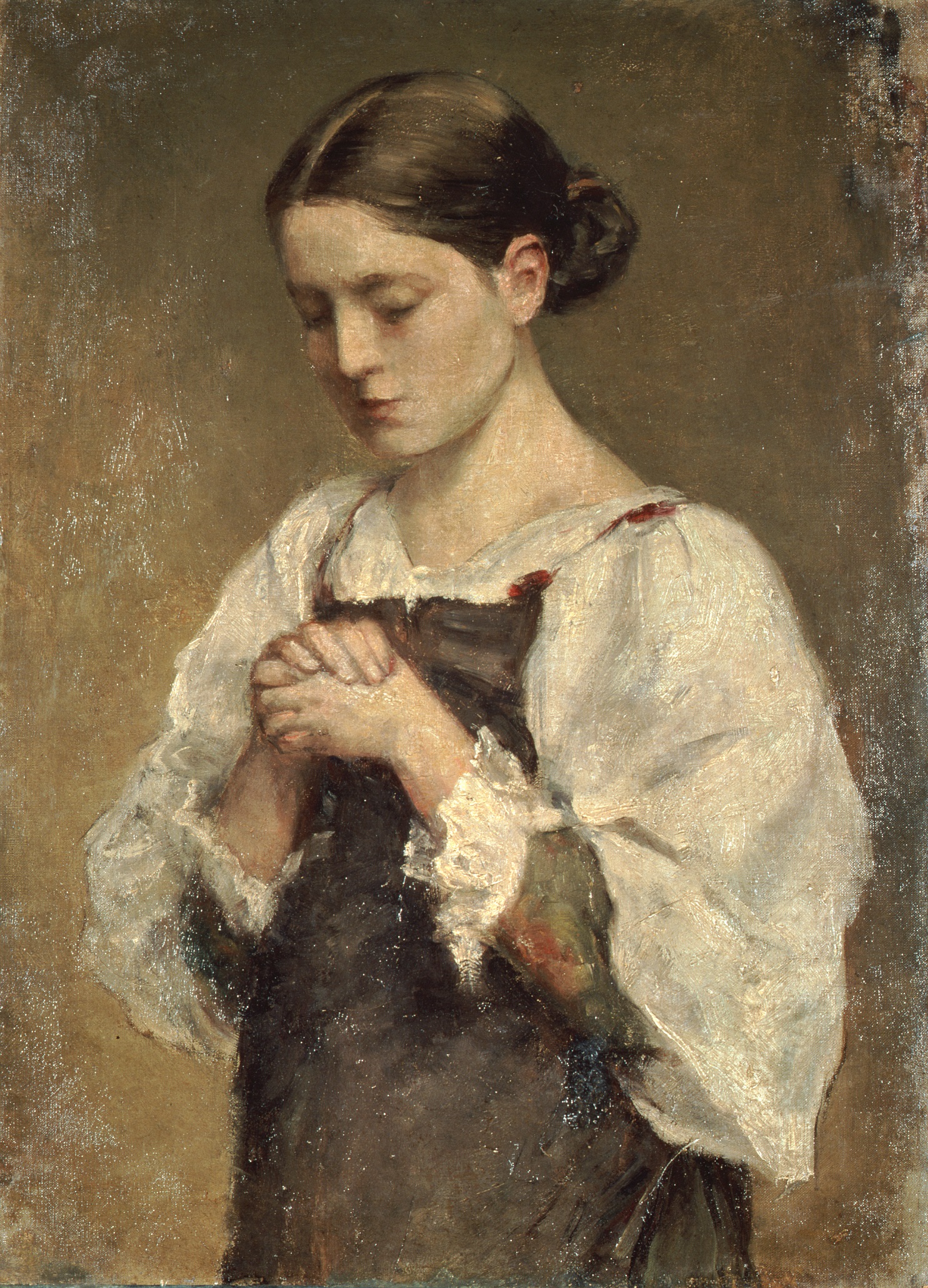Discover the greatest books by holy Dominicans with Catholic author and editor Trent Beattie!
Seemingly everyone, Catholic or not, has heard of the Summa Theologica. However, relatively few have read that great work of Saint Thomas Aquinas, and even fewer have thoroughly understood it.
There have been, however, several other influential books by Dominicans—books that are usually more accessible to the common reader. Among these is the somewhat similarly named Summa of the Christian Life by Venerable Louis of Granada.
Some of this three-volume classic from the sixteenth-century Spanish priest is taken from his most famous work, The Sinner’s Guide. Acclaimed by Rose of Lima, Martin de Porres and many other saints, Venerable Louis has given the Church a book comparable to the Imitation of Christ and Introduction to the Devout Life.
Also in this category is a recently-released book by one of Aquinas’s teachers, Saint Albert the Great. The Paradise of the Soul: Forty-Two Virtues to Reach Heaven is, not surprisingly, about which human behaviors to avoid, and which to embrace, in order to raise the soul to God. The focus is on a balance between two extremes (in medio stat virtus) and on how if a soul becomes more virtuous in one area of life, he will become so in other areas.
One of the people this dynamic applies to is Saint Catherine of Siena, whose groundbreaking work, The Dialogue, was written as a conversation with God covering four main topics: providence, discretion, prayer and obedience. This Dominican Doctor of the Church—who was the second youngest in a family of 25 children—urges us not to be silent from fear, but to proclaim the truth.
A fearless proclamation of the truth (also arranged under for main topics) is the Catechism of the Council of Trent. Although Saint Charles Borromeo was the primary editor, it was promulgated by the Pope Saint Pius V, the 16th century successor of Saint Peter often credited with starting the custom of pontiffs wearing a Dominican habit. The Tridentine catechism served as the foundation for the Catechism of the Catholic Church, with main headings of creed, sacraments, commandments, and prayer. The 1923 English version was edited by Fathers John McHugh and Charles Callan, Dominicans also known for arranging the beautiful prayer book, Blessed Be God.
The person in God’s creation who excelled all others in blessing Him was His own mother. True Devotion to Mary was written by Saint Louis de Montfort, a French third-order Dominican. His enormously popular work has dominated Marian devotion since its first appearance in 1843—well over a century after his death. Saint Louis de Montfort warns readers against false devotions to the Blessed Mother and heartily recommends total consecration to her Son, Jesus Christ, through her.
There is possibly no one in Heaven who would more heartily endorse devotion to Christ through devotion to His mother, than an Italian professor delivered from satanism by the Queen of Heaven. By the time Blessed Bartolo Longo’s soul left his body in 1926, he had written Fifteen Saturdays of the Holy Rosary, a book on the devotion that he credited with pulling him out of the depths of Hell.
Hell, Purgatory and Heaven were some of the topics on the mind of Dominican Father Paul O’Sullivan. By the time he died in 1958, he had written of those topics, as well as the Holy Spirit, Confession, the Mass, angels, and the Holy Name of Jesus. Well over 6,000,000 copies of his booklet, Wonders of the Holy Name, have been distributed with the aim of bringing about reverential invocation of the Second Person of the Most Holy Trinity, Our Supreme Lord Jesus Christ.
While Saint Dominic may have never seen, in his earthly life, the countless souls who in the future would be influenced by the writings of his spiritual descendants, there is a long list of Dominican authors, editors and promulgators who have explained—and continue to explain through new editions of their books—our glorious Catholic Faith.


